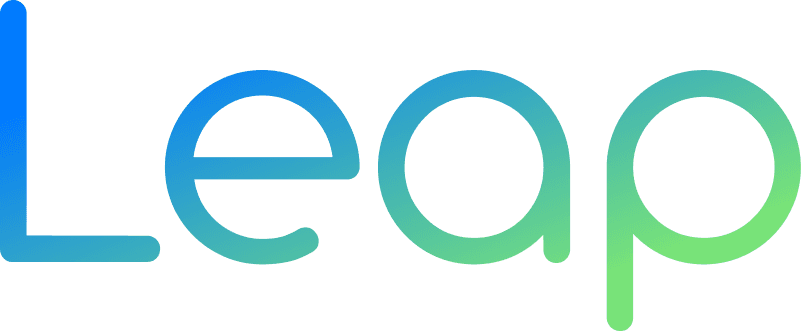Every day, thousands of new content about healthy eating and diets are published on the internet. When you search for "diet" or "healthy eating" on Google, you encounter millions of results. To stand out amid such information, gain users' trust, and ensure your clients stay loyal, you need a strategic content marketing plan. Especially in the field of dietetics, quality content that reflects your expertise not only attracts new clients but also encourages your existing clients to continue working with you for a long time.
Statistical analyses show that 70% of health and nutrition-related searches occur via mobile devices. People are looking for quick and direct solutions. Therefore, mobile compatibility and practical information delivery are crucial when preparing blog posts, social media posts, video content, or infographics. At the same time, using data based on up-to-date and scientific sources is critical for preventing misinformation and emphasizing your expertise.
In this article, we will delve into what content marketing is, why it offers important opportunities for dietitians, what platforms you can produce content on, and how you can optimize this process through a platform like Leap.
1. What is Content Marketing and Why is it Important for Dietitians?
1.1. Definition of Content Marketing
Content marketing is a marketing approach focused on attracting, retaining, and converting a specific target audience by producing valuable, engaging, and consistent content. Unlike traditional advertising, content marketing aims to enhance brand or expert reputation through informative, educational, or entertaining content.
1.2. The Role of Content Marketing in Dietetics
Dietetics is a field that requires scientific knowledge and expertise. Clients want to know exactly what they should or shouldn't eat and why. Research shows that 72% of individuals consuming health content online in 2020 trusted experts who provided comprehensive and scientific information more.
Builds Trust: Scientific articles, up-to-date research findings, and personal experience writings enhance the dietitian's credibility.
Creates Awareness: Every piece of content you publish on social media or your blog increases the likelihood of potential clients reaching out to you.
Showcases Your Expertise: Content that answers not only “what to eat” but also “why” demonstrates your professional depth.
1.3. Defining Your Target Audience
During the content marketing process, you must first clarify whom you are addressing. For example:
Those wanting to lose weight
Athletes
Individuals with special dietary needs related to illness (diabetes, celiac, etc.)
Those seeking healthy eating during pregnancy
Creating a content plan based on the interests, problems, and needs of these target audiences will yield more effective results.
2. Prominent Types of Content for Dietitians
2.1. Blog Posts and Articles
Blog posts are one of the most classic yet still the most effective content formats. By using the right keywords in terms of SEO (Search Engine Optimization), your articles can help you rank higher in Google searches.
SEO-Friendly Titles: Specific and engaging titles like “5 Major Mistakes in Dieting” or “10 Foods that Strengthen Immunity.”
Data Based on Research: Backing every claim with a scientific source increases reader trust.
Readable Format: Make the text easy to read by using subheadings, bullet points, and short paragraphs.
2.2. Video Content
Interest in visual and auditory content is extremely high. Creating short diet tips, healthy recipe videos, or







